Welcome back to the blog! For this week’s entry, we are returning to the series we started last month about food. The question on everyone’s mind is this dear reader. “Can dogs eat fruit, and if so, what kinds of fruit is safe for a dog to eat?”
So can dogs eat fruit? Well, the short answer is yes they can, but not all fruit. Grapes are to be kept away from your dog. It is not known exactly why, but the skin and flesh of our everyday table grapes is highly, highly toxic to dogs. Cherries are also dangerous to dogs because while the flesh of the cherry is not toxic, the rest of the plant contains cyanide, which is a deadly poison to both animal and human alike. As with cherries, avocado should also never be given to your dog because the entire fruit contains a toxin called persin, which causes vomiting and diarrhea in dogs. Lastly, you shouldn’t ever feed your dog tomatoes because, you guessed it, while tomatoes are perfectly fine for humans to eat, the green parts of the tomato plant contain another toxin called solanine. Now, dogs would have to eat a large amount of tomato to get sick, but it’s generally just a good idea to avoid feeding them to your dog just to be safe.
So that’s a quick rundown of what fruits dogs can’t eat. Now that we’ve discussed which foods to avoid, take a look at this list of fruit that is safe for your dog.
Fruits Dogs Can Eat:
Apples - Low in protein and fat, high in vitamins A, and C, as well as a great source of fiber. Apples make a great snack for older dogs. Remove the seeds before you feed this fruit to your dog.
Bananas - Great in moderation. Bananas contain high amounts of potassium, biotin, fiber, copper, and vitamins. Bananas should be given as a treat, because they also contain a high amount of sugar.
Blueberries - Blueberries are a superfood. They are high in fiber and important phytochemicals, and are very rich in antioxidants which are good for dogs and humans. You can use these are a great alternative for treats from the store.
Cantaloupe - A good source of water, and fiber for your dog. Give cantaloupe in moderation though, as it does contain a large amount of sugar.
Cranberries - Safe for dogs to eat, but some dogs may not enjoy the tartness of this particular berry.
Cucumbers - Good for overweight dogs, because cucumbers have very little in the way of fats, carbs, and oils. They are packed with vitamins K, C, and B1, and potassium, copper, magnesium and biotin.
Mangos - Loaded with four vitamins, A, B6, C and E, as well as packed with potassium and beta-carotene and alpha carotene. Remove the pit first though, because as with other fruits that contain hard pits in their centers, mangos do contain a small amount of cyanide. Don’t worry about this, just be careful when you are feeding your dog mango. It is high in sugar, so give it sparingly.
Oranges -Oranges are a great source of Vitamin C, potassium and fiber. Your dog may not like the strong smell of the orange though, as many dogs’ noses are sensitive to the smell of citrus. If you choose to feed your dog an orange, make sure to remove the skin to spare their digestive systems.
Peaches - Perfectly fine in small quantities. Make sure to remove the pit, because it does contain cyanide. Frozen peach slices make for an excellent summer treat for your dog.
Pears - Remove the pits and the seeds, as they contain cyanide. Once the seeds and pit are removed, pears are a great source of copper, vitamins K and C, and more fiber. Skip canned pears, because they contain a large amount of sugary syrup.
Pineapple - You can give your dog a few chunks of pineapple at a time. This is great source of vitamins, minerals, fiber, and an enzyme called bromelain which make it easier for dog’s bodies to absorb proteins.
Raspberries - Raspberries are fine in moderation, and are a great choice of snack for a senior dog, as they have anti-inflammatory properties that can help your dog’s joints. They are high in fiber and other important vitamins and enzymes.
Strawberries - Strawberries are full of fiber, and vitamin C. They also help whiten your dog’s teeth? Who knew?
Watermelon - Watermelon flesh is full of Vitamins A, B6, C, and Potassium. Watermelon is mostly water, so it can help you keep your dog nice and hydrated on a really hot summer day.
So there it is, folks. The list of fruit that is dangerous to your dog is much shorter than I thought it would be. The list of beneficial fruits however, is seemingly endless. Just make sure to do your research carefully when adding a new food to your dog’s diet, and because of the high sugar content in most fruits, make sure to use fruit with your dog in moderation. One great way to do this is to substitute your normal dog treats with pieces of fruit instead! Your dog will thank you, take it from me.



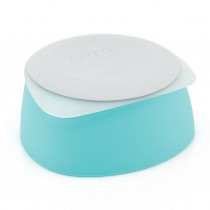
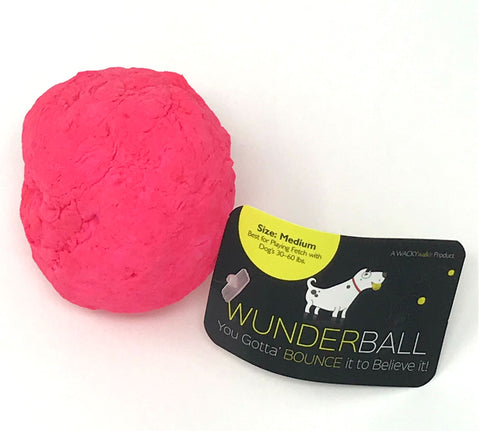


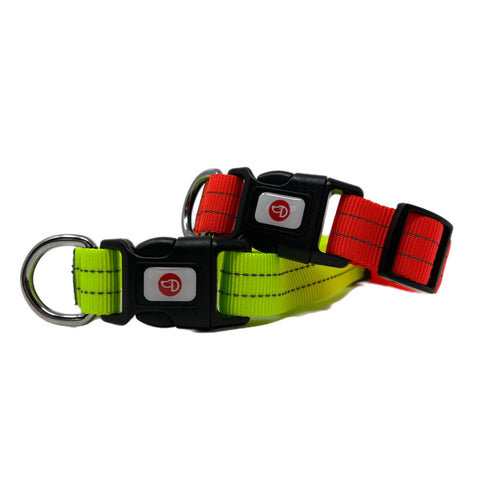











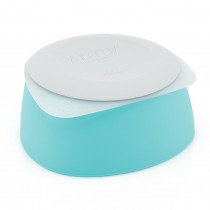



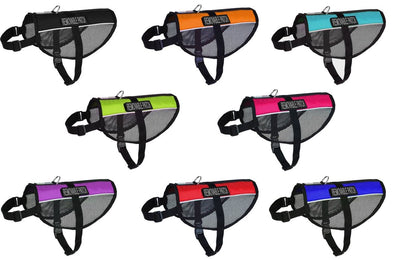
Leave a comment